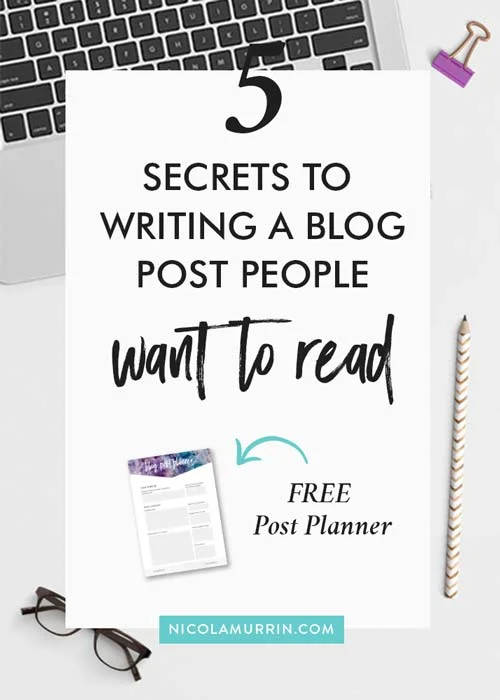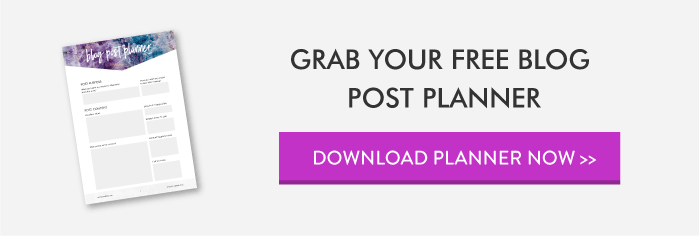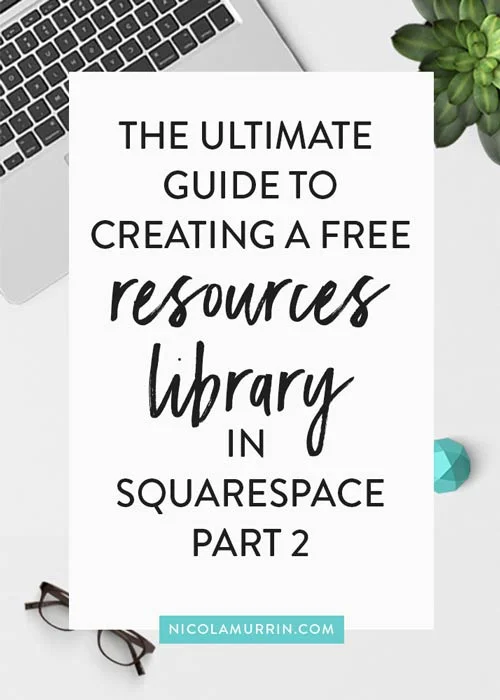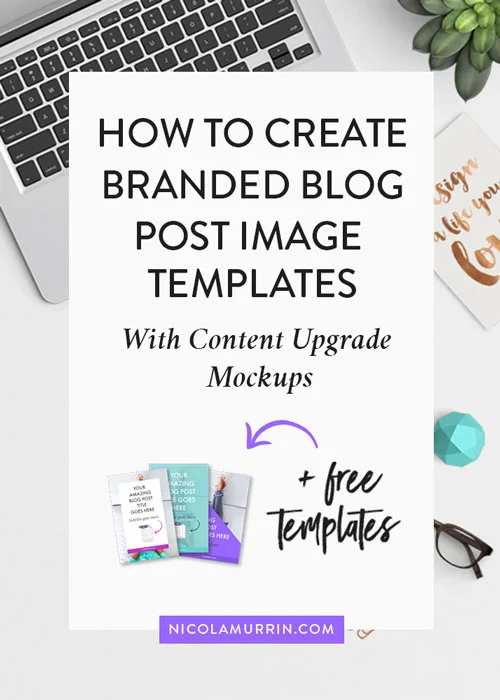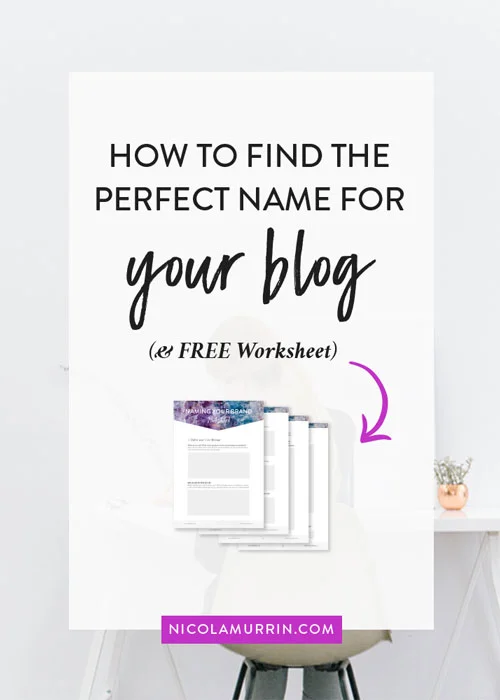In today's world, where content marketing is such a central part of building a business, creating valuable, interesting blog posts on the reg is so important. Being in the blogosphere I know what it's like to feel like you have to keep up with everyone else in order to get seen.
But when there are millions of amazing posts being posted daily, how the hell can little ol' you possibly hope to keep up? In this post I'm going to share my top secrets on how to write great blog posts that people will actually want to read.
The good news is that writing a blog post doesn't need to be grueling task. Even if you hate writing or feel like it's not something that comes naturally to you. You don't need to be a literary genius to write a great blog post.
It is possible for you to write amazing blog posts with ease. So let's dive in
1. Pretend You're Talking To Your Best Friend
This first tip is a double whammy because it does two things:
Makes the writing process a breeze
If writing is something that doesn't come naturally to you then this tip will help you get in the flow. I think that it can be very easy to get paralysed when we are trying to make things sound perfect. In my experience when we obsess over crafting the perfect sentence, paragraph and blog post we just end up getting stuck.
My advice: stop worrying about making it sound perfect, at least in the first instance. Instead write it the way you would if you were having a conversation with your best friend. You don't spend 5 minutes trying to choose the perfect words when you are having a conversation with someone, and you manage just fine to get your message across most of the time.
The point is to get your ideas out which you won't if you waste time trying to craft the perfect sentence. You will go back and edit and finesse afterward to make sure there are no mistakes and everything makes sense so the pressure is off to write it perfectly first time around. It is far easier to reword a sentence to make it better than stare at a blank screen and try to compose one in your head before you type anything.
Builds A Relationship With Your Audience
But more importantly, writing as if you were speaking to someone will naturally ensure your post sounds like you. Your personality will come through in the way that you phrase things and this will help you to build up rapport with your readers.
They'll start to feel like they know you and that you are speaking directly to them. You'll feel like a trusted friend to them and they'll want to hear what you have to say to them and therefore keep reading!
So not only does this technique help make it easier for you to write, it makes your readers want to read what you have to say! Could you ask for anything more?
2. Keep a Journal
This may sound like a strange tip but this one has done wonders for my writing. I only started keeping a journal about 2 years ago and since then writing has become so much easier for me.
Growing up, I always enjoyed and was good at English at school but I never felt that writing flowed effortlessly and easily for me. I always found the writing process rather stilted as I spent a lot of time trying to find the perfect words. My essays and Uni papers always turned out well enough in the end but it always took quite a bit of editing to perfect.
But once I started journalling writing became so much more natural. I think the reason for this is that journalling provided me with an opportunity to free write. When I write in my journal, I don't worry about proper grammar or making things sound good, I just write my thoughts. I let things flow. After a while that flowed across into writing blog posts.
When I sit down to write a blog post now, I write in the same way I do in my journal. I let the words come and don't worry too much about how it sounds, because I know that I can go back and edit later. I do however try to pay more attention to using proper grammar to save myself time in the proofing stage.
I'm now at a point where I tend not to edit my posts that much. In school or at uni, editing would take me just as long as writing the first draft as I'd rewrite whole sentences, paragraphs or even sections, sometimes multiple times.
So I highly recommend keeping a journal to help get you comfortable with writing, when you know no one is going to be reading and dare I say judging {gasp!}. It will help you find your natural writing style which as mentioned above, will build up trust with your audience and make them want to read your posts. Not to mention it's free therapy!
3. Plan Your Post
When I first started blogging I didn't plan my post out before I started writing. Most of the time I'd sit down to a blank screen with only a partially formed idea in my head. It wasn't until I became a member of Rachel MacDonald's Bright-Eyed and Blog-Hearted program that I was first introduced to this idea and I have to say that it has helped me immensely.
I have found planning my post to be such a helpful strategy because often I find that my inspiration and ideas come out a bit randomly. I find that using a post planner is a great way to help me order my thoughts.
Planning out your posts before you start writing not only makes writing the post easier, it helps you ensure that your post contains all the relevant information in a logical, sequential and easy to understand manner. Basically this means that your blog post will flow and be easy for people to read. And we know that when things are easy people are more likely to say yes - yes to reading your post.
So how do you plan your posts?
The main things you want to map out for your post are your
- Headline
- The main points you'll cover. These will usually be your subheadings
- The blog post category and tags
- Call to action
I have just created a Google Doc template which I save a copy of for each new post. I use it to brainstorm headline ideas and jot down in dot point format the main ideas or points that I want to make. I never write in full sentences as this is just a brief, high level outline.
I also use my post planner to help me set my purpose and intention for writing the post. This helps me focus on how I want to serve, rather than getting bogged down in fears about my own inadequacy, how many people are going to read it, whether they'll like it or if it will make me stand out amongst all the other bloggers.
Whether you are a blogging veteran or a newbie, I highly recommend that you start planning your posts. It makes the writing process so much easier because you start writing with a clear direction, knowing already exactly what you want to say.
Planning your post will also result in a better thought out post. Readers can tell when a post is thought out and time and effort have been put into the post. People are much more likely to take the time to read a well thought out post, rather than someones brain dump.
To help you get started with planning your posts I have created an editable Blog Post Planner PDF for you. Feel free to save a copy for each new post, or you can use this template to create your own planner in Google Docs like I do.
4. Break Your Post Into Sections
Breaking your post down into sections makes it easier to read and digest. It also makes a long post, like this one seem shorter because each section is like it's own mini milestone.
I don't really know the exact psychology behind this but it focuses the reader on getting to the end of the section, and moving on to the next, rather than thinking about how much they have to read to get to the end of the post.
Using sections also makes people more likely to read your entire post because at a quick scroll through they already know what the post is about, what the main points are and they can then decide if they want to know more.
Compare this to landing on a page with 2000 words all in the same font, size, colour and style. Who is going to be bothered spending the time reading it all to find out what it's about?
Look at the difference in the screenshots of this post with and without sections. Even though you can't read the text in these images, I know which post I'd prefer to read.
The way to break your post into sections is to use subheadings. Your sections may be numbered if you are sharing a specific number of tips / strategies / resources etc. just as I have done in this post, or they may just be the main points of your post.
Coming up with your subheadings will be easy when you plan out your post beforehand. These main points section of your post planner will form the basis of your subheadings.
5. Practice
I know it's obvious but it's worth mentioning. Like anything in life, you get better with practice. So go easy on yourself, don't worry if your writing skills are not where you want them to be just yet.
Besides, the goal is not to be the next Shakespeare (who speaks like that anyway?), it's just to do the best you can do at this point in time. Keep writing, find a way to bring joy to it and you will improve.
That brings us to the end of this post and now I'd love to hear from you. Which of these tips are you most excited to try first? Or perhaps you already use some of them, I'd love to hear your experiences in the comments below.

